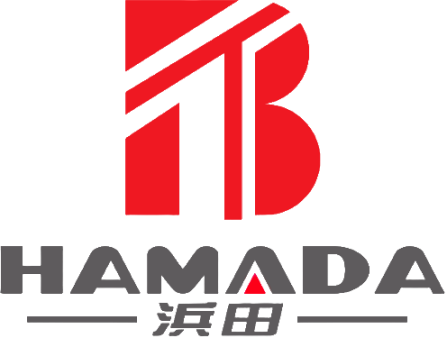What are the advantages of harmonic drive
What are the advantages of harmonic drive
In the field of mechanical transmission, the harmonic drive has emerged as a remarkable technology with a host of advantages. This advanced drive system offers several key benefits that are revolutionizing various industries.
One of the significant advantages of the harmonic drive is its high precision. It can achieve extremely accurate positioning and motion control, ensuring smooth and reliable operation in demanding applications. This precision is crucial in robotics, aerospace, and other sectors where exactitude is paramount.
The harmonic drive also boasts a compact design, allowing it to fit into tight spaces. This feature is particularly beneficial in applications where space is limited, enabling more efficient use of available resources.
Furthermore, the harmonic drive demonstrates excellent torque transmission capabilities. It can handle high loads with ease, making it suitable for heavy-duty machinery and industrial equipment.
In addition, this drive system exhibits low noise and vibration levels, contributing to a quieter and more comfortable working environment.
The advantages of the harmonic drive are undeniable, and its widespread adoption is a testament to its effectiveness and value in modern engineering and technology. As industries continue to evolve, the harmonic drive is likely to remain a key player, driving innovation and performance forward.
 English
English Español
Español Português
Português русский
русский français
français 日本語
日本語 Deutsch
Deutsch Tiếng Việt
Tiếng Việt Italiano
Italiano Nederlands
Nederlands ไทย
ไทย Polski
Polski 한국어
한국어 Svenska
Svenska magyar
magyar Malay
Malay বাংলা
বাংলা Dansk
Dansk Suomi
Suomi हिन्दी
हिन्दी Pilipino
Pilipino Türk
Türk Gaeilge
Gaeilge عربى
عربى Indonesia
Indonesia norsk
norsk اردو
اردو čeština
čeština Ελληνικά
Ελληνικά Українська
Українська Javanese
Javanese فارسی
فارسی தமிழ்
தமிழ் తెలుగు
తెలుగు नेपाली
नेपाली Burmese
Burmese български
български ລາວ
ລາວ Latine
Latine Қазақ
Қазақ Euskal
Euskal Azərbaycan
Azərbaycan slovenský
slovenský Македонски
Македонски Lietuvos
Lietuvos Eesti Keel
Eesti Keel Română
Română Slovenski
Slovenski मराठी
मराठी Српски
Српски
A Giant Eye Exploring the Origins of the Universe: The Optical Marvel of the Subaru Telescope
As an international collaborative project led by the National Astronomical Observatory of Japan, its name comes from the Pleiades (M45), symbolizing the collective wisdom and global collaboration of the Japanese astronomical community.
Read MoreSpace Industry: HarmonicDrive® and Humanity's First Round Trip to the Asteroid Belt
The space industry, as a cutting-edge field for human exploration of the universe and development of space resources, is developing at an unprecedented pace.
Read MoreHarmonic Drives: The "Space Joints" of NASA's Perseverance Rover's Robotic Arm
In February 2021, NASA's Perseverance rover successfully landed on the Martian surface, marking a new era in human exploration of Mars. One of the most striking technological highlights of this 1025-kilogram "Mars scientist" is its robotic arm system—five Harmonic Drive® units serve as the core transmission components, ensuring the precise operation of scientific instruments in the extreme Martian environment.
Read More